Between 1944 and 1991, the Soviets Named 431,000 Women Hero Mothers; Between 2008 and Now, the Putin Regime has Awarded Only 118
February 20, 2025 by Paul Goble
There are few clearer indications of the change in demographic behavior between Soviet times and now than in the number of women awarded the status of Hero Mothers for raising ten children. In Soviet times, between 1944 when the order was created, 431,000 were; in Putin’s time, between 2008 and 2025, there have been only 118.
That works out to about 900 a year in the USSR and about seven in Russia today, according to statistics gathered by demographers at the Russian University of Finance (profile.ru/society/nagradnoj-short-list-pochemu-v-sssr-byli-tysyachi-materej-geroin-a-v-rossii-edinicy-1661908/).
Most of the decline reflects the independence of the former non-Russian republics and hence the loss of populations that had higher birthrates than the ethnic Russians did even then and the rapid urbanization of the population whose city residents did not want to have as many children as their rural ancestors.
But Marina Izmaylova and Natalya Sedova say that another reason is that the Russian government is far stricter because the amount of money given to each is greater. Not only must the woman have given birth to at least ten children and they must all be living at the time of the award, but the family must meet a variety of other standards.
The demographers say that the marriage must be officially registered, no family member can have problems with the law, all parents are active in public life, all children have the same father, none have serious diseases, and all are doing well in schools or universities. Soviet officials were far less demanding in deciding who would be made a member of this order.
The two demographers say that these strictures can be discriminatory especially those which exclude people who have problems not of their own making and thus indicate that they would favor a more relaxed approach and higher numbers of hero mothers. But the large sums Moscow and the regions are prepared to pay women who get that status would make that very expensive, even for a government as nominally pro-family as Vladimir Putin’s.
Not Only Veterans Invoking War in Ukraine to Get Reduced Sentences and Legal Relief, ‘Vyorstka’ Reports
Russians who have returned from fighting in Ukraine routinely invoke their participation in the conflict as a reason their sentences should be reduced or suspended altogether, a major problem given that “almost 500” veterans have been charged with serious crimes since 2022, according to the Vyorstka news agency.
But veterans aren’t the only one seeking to use the war in this way, Yuly Balakhonova, a Vyorstka journalist says, although their success in doing so has received the most media coverage and generated the most popular concern and even anger (verstka.media/svo-kak-argument-v-sudach).
Among others who have sought often but not always with success to invoke the war are:
• Relatives of veterans who point to the way that the war has affected them too;
• Those who have helped gather aid for soldiers;
• Russians who have had difficulty finding a job or who have seen their incomes reduced because of the war;
• Companies that had had difficulty meeting their contractual commitments;
• The Ministry of Defense itself which has had to stop doing some things because of the war;
• And even people who have been unable to bury relatives because of difficulties in the Russian funerary industry which have intensified since the conflict began.
This report throws into high relief not only the creativity of Russian lawyers and the willingness of the courts to take the war into consideration in sentencing but also yet another way that the impact of those returning from the war will only grow as many more are likely to do so in the future.
Moscow’s Use of Men from Non-Russian Regions as Canon Fodder Nothing New but Now Much Worse than Ever Before, ‘Free Idel-Ural’ Activist Says
That Moscow has drawn a far greater percentage of men in non-Russian republics and poorer Russian regions to fight and in many cases die in Ukraine than has been the case in Moscow and Russian cities isn’t news. Indeed, it has sparked a debate as to whether this reflects economic factors or more sinister calculations.
But an activist from the Free Idel Ural movement says that Moscow not only has long discriminated in this way but is now doing so in a more extreme way than earlier (idel-ural.org/archives/na-vojne-s-gytlerovczamy-erzya-pogybaly-v-367-raza-chashhe-chem-moskvychy-chto-yzmenylos-s-teh-por/).
During World War II, he writes on the basis of official data, 8.05 percent of the residents of Moscow in 1941 died, a figure 3.67 times smaller than that for a district in Mari El for which deaths in the war are reported. There almost 30 percent of the population died fighting in the war against Germany.
But now, in Putin’s war in Ukraine, the difference in deaths in combat between non-Russians and Muscovites is far greater, with the share of the former dying in the fighting in Ukraine 30 to as many as 70 times the percentage of the latter (idel-ural.org/archives/kak-kreml-czelenapravlenno-unichtozhaet-korennye-narody-v-vojne-vzglyad-iz-ukrainy/).
Such figures make it difficult to insist that this pattern reflects economic conditions alone and adds weight to the arguments of those who say that Putin is trying to protect Russians especially in the largest cities and doing so at the expense of non-Russians who live further away from the Kremlin.
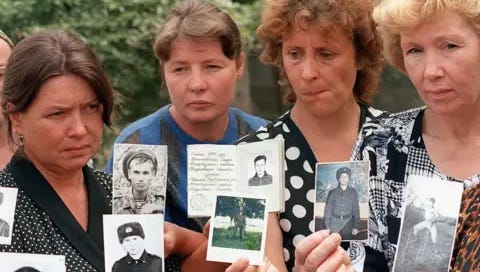






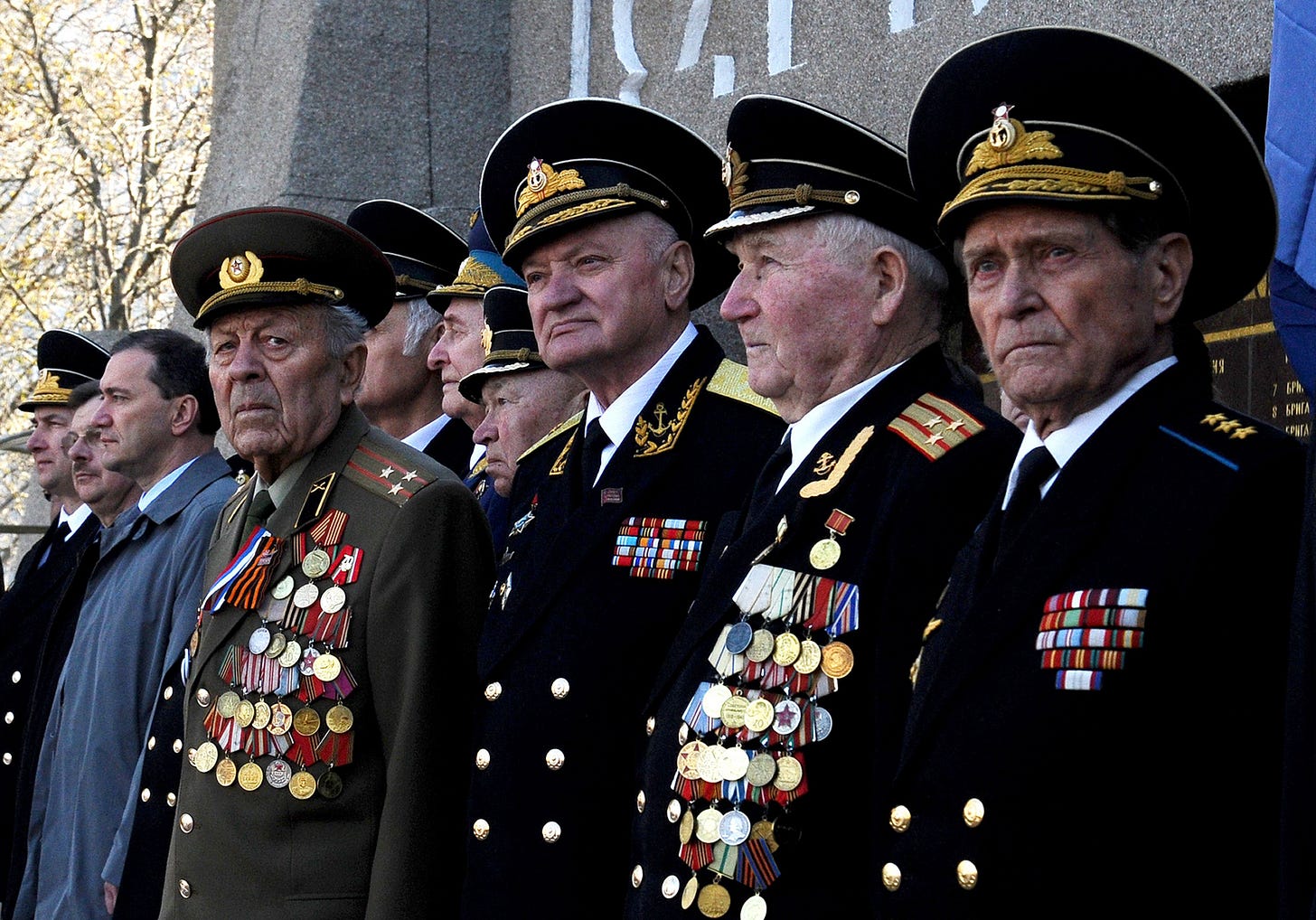

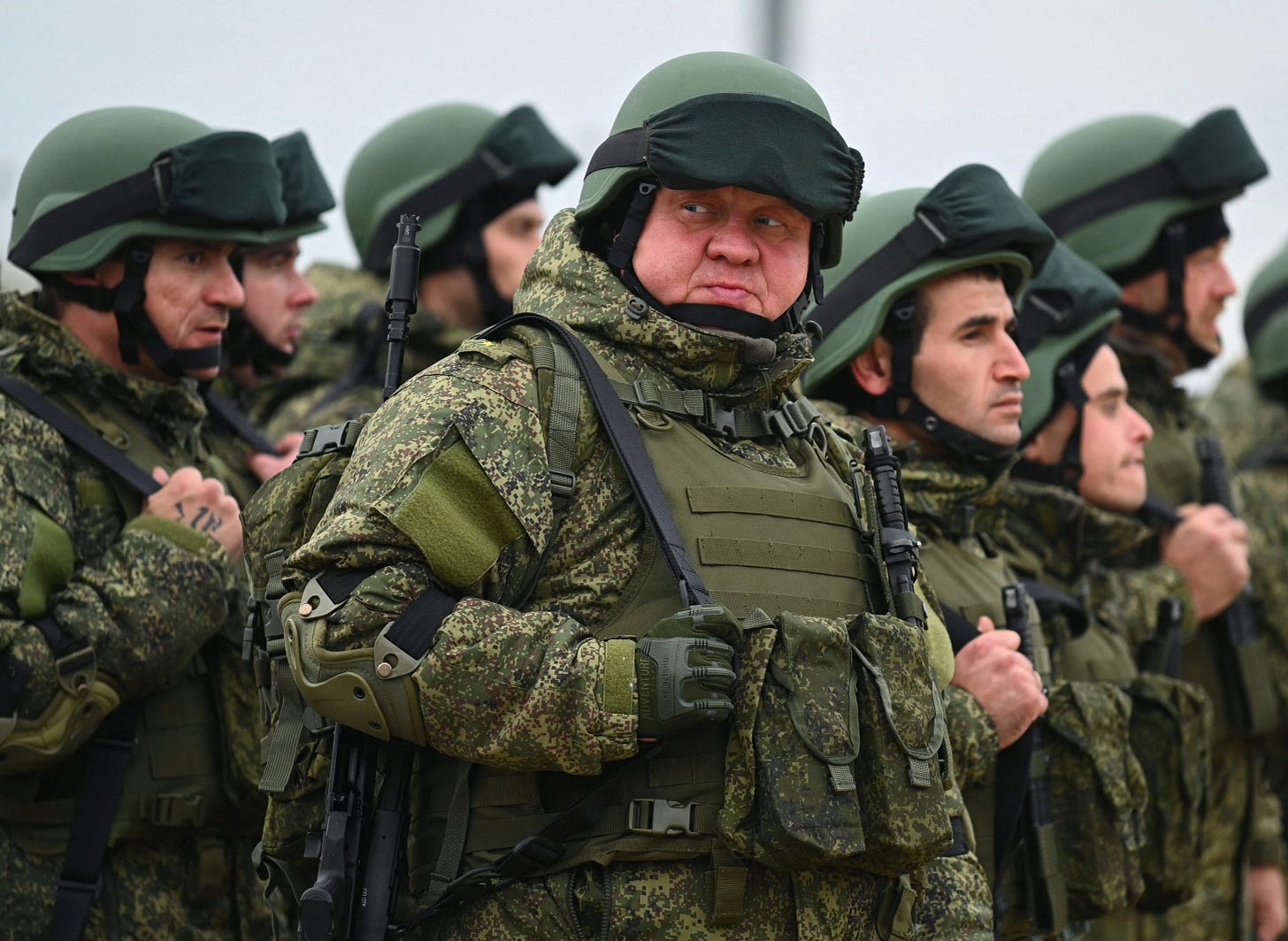
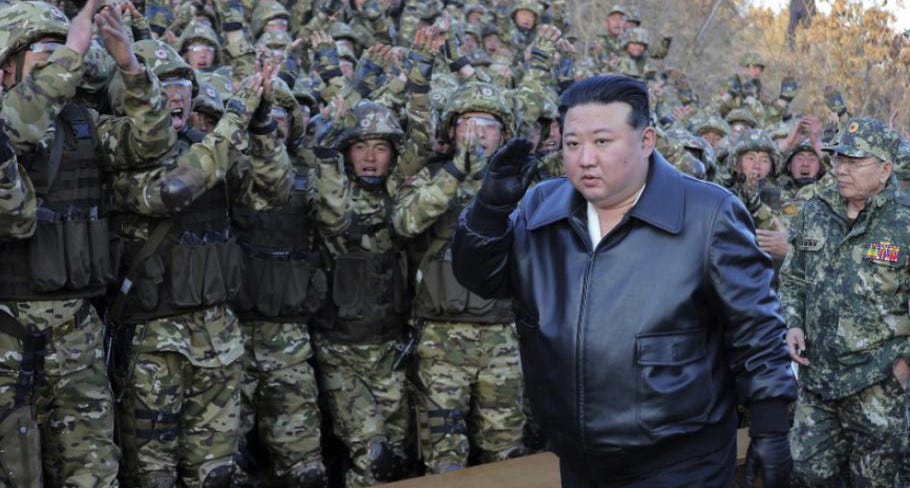
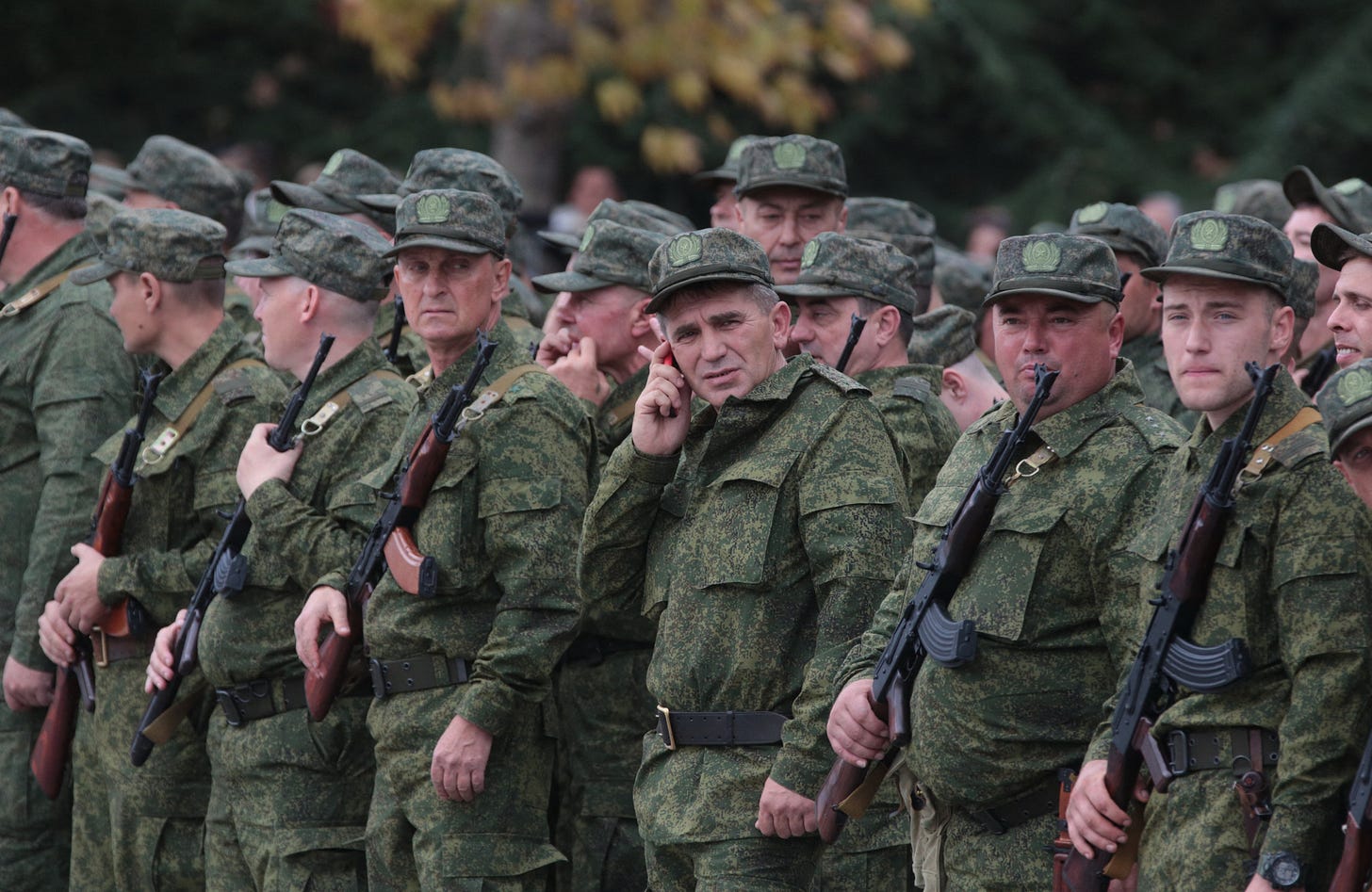
I believe this is a practice we will see over the coming months in America, where democrat governors and political leaders will unleash the illegal mercenaries from South America, Africa and China on the states where they've been embedded.
EXCELLENT.